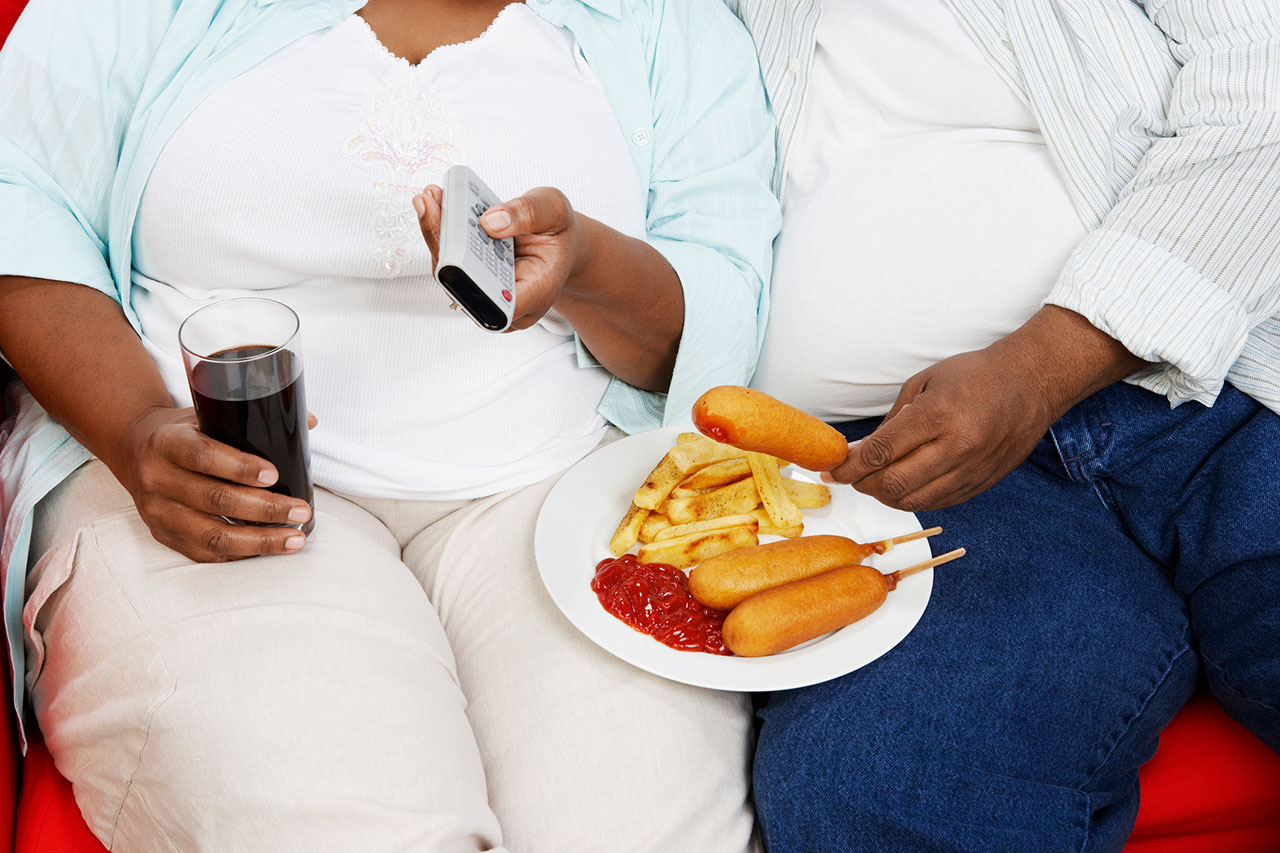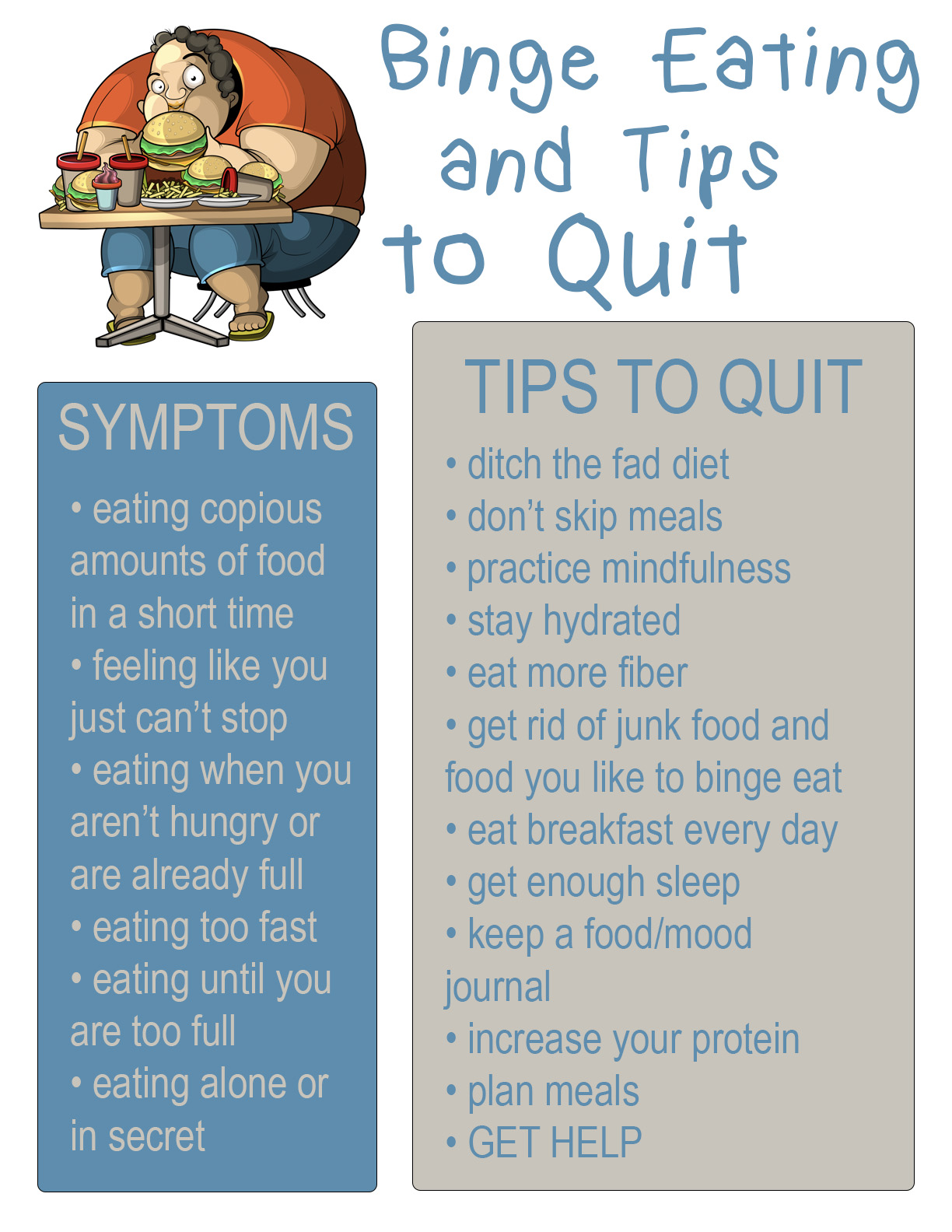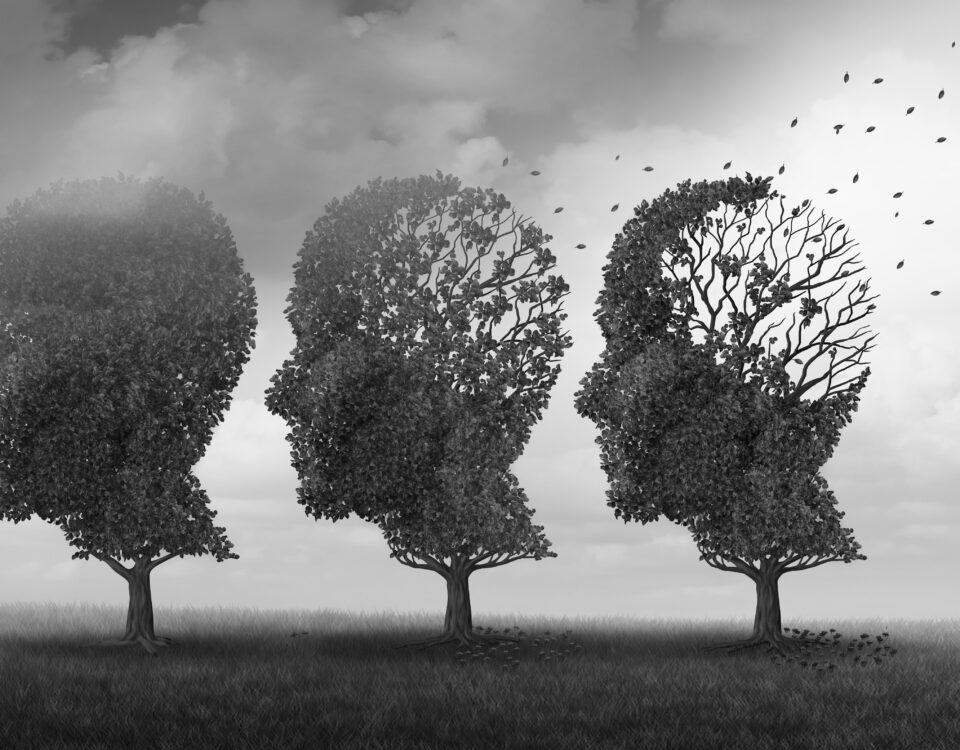
Male Menopause: Is It A Real Thing?
June 2, 2021
Swimming Lessons for Kids: When to Start and What to Know
June 29, 2021by Susannah Wollman
Binge eating is the most common eating disorder in the United States. Here’s how to know if you are part of that large group of people who have the disorder.

What is Binge Eating Disorder?
How do you know if you have an eating disorder? If you sometimes binge, but not everyday, is it cause for worry?
Binge eating is characterized by eating a large amount of food in a short time. Many people binge from time to time, but don’t develop the most common eating disorder. But if you binge regularly, perhaps once a week or more for 3 months or longer, you may have Binge Eating Disorder (BED). People with this problem often are very upset by bingeing, feeling ashamed and hiding the behavior, even from close friends and family.

I’m obese. Do I have BED?
Although most people with obesity do not have BED, some do. Generally speaking. obese individuals may not feel comfortable with their weight, but they overeat most of the time, not in binges.
Why do I have BED?
BED seems to run in families, so there may be a genetic component. It may also be a reaction from painful childhood experiences, especially if your family made critical comments about your weight, shape, or eating habits. Other family problems can lead to bingeing as well.
People with depression sometimes binge in an attempt to feel better. It may be emotional eating, but it may lead to BED. Those with low self-esteem also are prone to eating in secret, trying to dull emotional pain.
Sometimes after an emotional trauma like a divorce or a death, individuals may overeat to quell anxiety. If it is temporary, they can stop the behavior, but may need professional help to do so, so that it does not turn into BED. People with this disorder tend to struggle with anxiety and binge to compensate.
If you have tried diet after diet and have been unable to reach your goal weight, you may want to binge, thinking that since “nothing works anyway” you might just as well enjoy being fat. The problem with this mindset is that you will probably gain back any weight you have lost and more, causing more anxiety and more bingeing.

What are the symptoms of Binge Eating Disorder?
If you are experiencing some or most of the symptoms of BED, it may be time to see a doctor.
- Eating an unusual amount of food over a short period of time
- Feeling out of control with your eating, like you just can’t stop
- Eating even when you are not hungry or even when you are already full
- Eating rapidly during episodes of bingeing
- Eating until you are uncomfortable
- Eating alone or in secret
- Negative feelings about eating, such as depression, disgust, shame, guilt, or generally upset feelings
- Frequent dieting, especially without weight loss.
What are the risk factors leading to BED?
You are at higher risk of developing BED if:
- You have a family history of eating disorders.
- You have a history of dieting.
- Preferred binge foods are readily available.
Psychological factors that can play into BED include depression, bi-polar disorder, anxiety, and substance abuse.

Can BED lead to other physical problems?
BED can, indeed, lead to other complications such as:
- Poor quality of life
- Problems functioning in your personal life, social situations, or at work
- Social isolation
- Obesity, which can lead to joint problems, heart disease, type 2 diabetes, gastroesophageal reflux disease (GERD), sleep disorders, or certain types of cancer.
- Mental health problems such as anxiety or depression.
What do I do if I think I may have BED?
The best thing to do is consult your physician or a mental health professional. They can direct your plan to recover and manage the disorder. Treatment can help!






